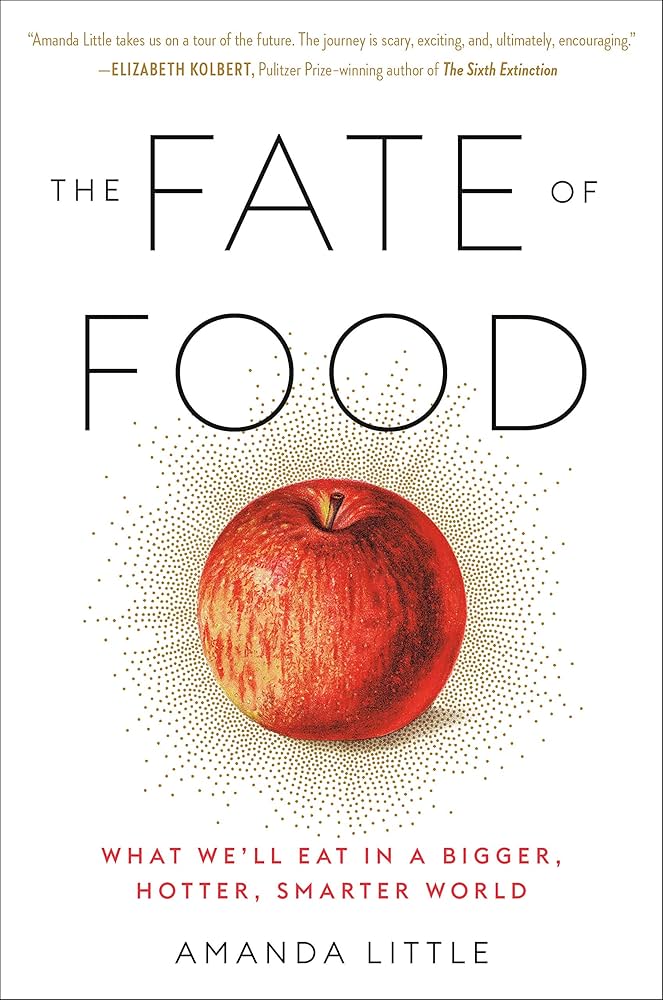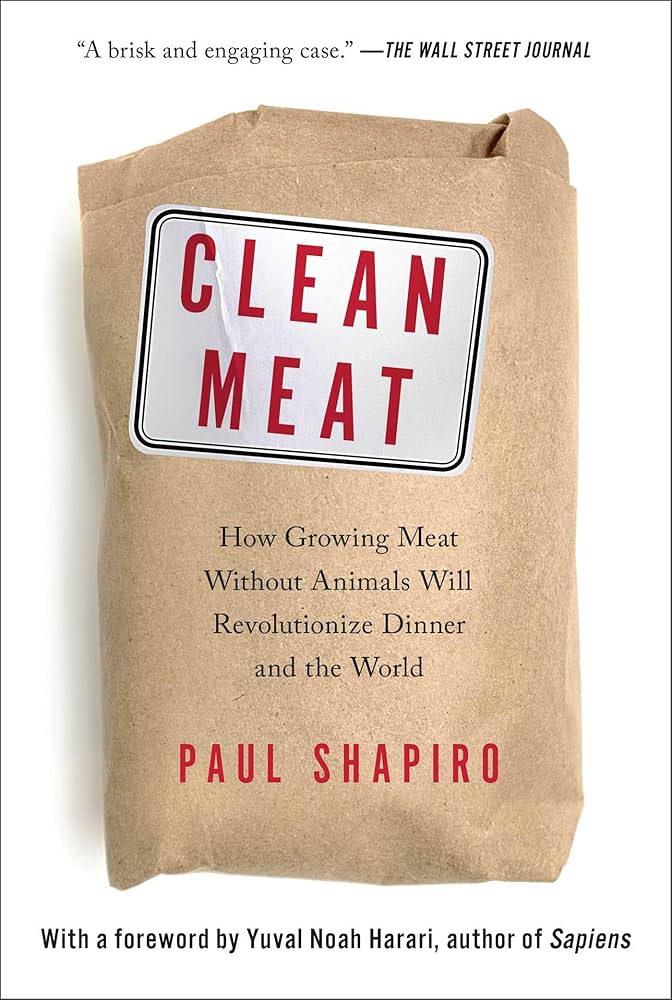Foodtech is one of the most fascinating and revolutionary areas of our era, where technological innovation and sustainability meet to transform something as essential as food. In a context of global challenges such as climate change, population growth and food security, foodtech is presented as an inexhaustible source of creative solutions that promise to reconfigure the way we grow, distribute and consume food.
From cultivated meat to vertical farming and distribution systems based on artificial intelligence, each advance represents a step towards a more efficient, accessible and planet-friendly food system. In addition to its ecological impact, foodtech has a deep social component, seeking to ensure that future generations have access to nutritious and sustainable food. This intersection of science, technology and ethics makes foodtech a truly exciting discipline, with the potential to change the world from the plate.
If you are passionate about the foodtech industry, here are three recommended books that will help you better understand its present and future.

The Fate of Food: What We’ll Eat in a Bigger, Hotter, Smarter World, by Amanda Little
This book is an excellent introduction to the future of food in a world affected by climate change. Amanda Little, a journalist and professor of journalism at Vanderbilt University, explores how technology and innovation could ensure global food security in the coming years. With a focus on sustainable agriculture, genetic engineering, and innovation in food distribution, The Fate of Food offers a comprehensive overview of the challenges and opportunities facing the foodtech industry.
• Why read it? This book is ideal for those looking to understand how climate change impacts food security and the potential solutions that technology can offer.

Clean Meat: How growing meat without animals will revolutionize dinner and the world, by Paul Shapiro
Cultivated meat is one of the most revolutionary developments in foodtech. From environmental impact to health benefits, Shapiro analyzes how this meat can be key in the transition to a more sustainable food system.
• Why read it? Clean Meat is a great read for those interested in how complementary alternatives to conventional meat can impact the planet and consumers. This book addresses both the ethical and commercial context, exploring whether the market is really ready to embrace this disruptive technology.

Eat for the Planet: Saving the World One Bite at a Time, by Nil Zacharias and Gene Stone
For those who want to learn more about how their consumption decisions affect the environment, Eat for the Planet is an eye-opening book. Zacharias and Stone lay out how food production affects climate change and what we can do to reduce our personal impact. While this book does not focus on foodtech exclusively, it provides an excellent foundation for understanding the environmental impact of the food system and how new technologies can help reduce it.
• Why read it? This book is a great choice if you are looking to understand how eating habits can influence the environment and what sustainable options are available.
The intersection between technology and food is one of the most exciting and rapidly growing areas today. These three books will allow you to dive into the exciting world of foodtech, understand current challenges and explore solutions that are already transforming the sector.

